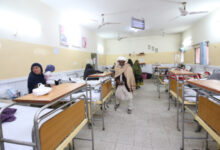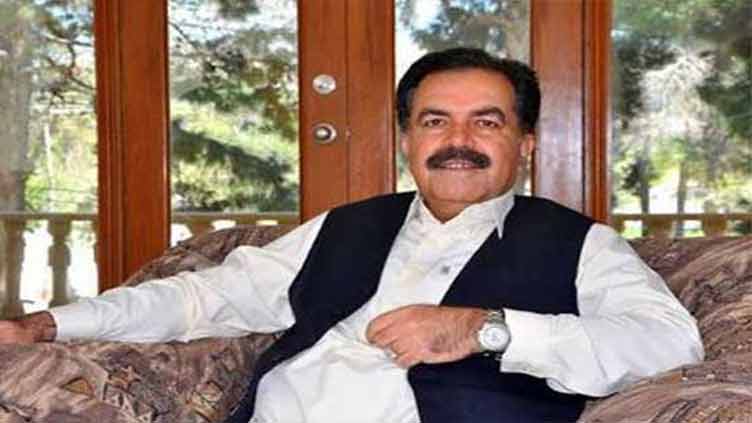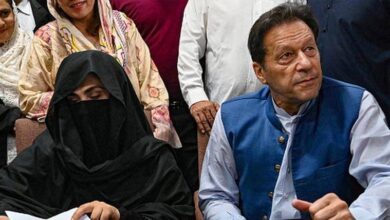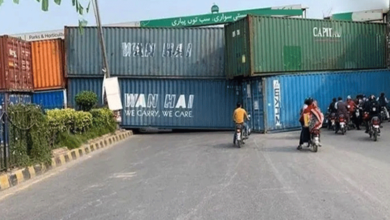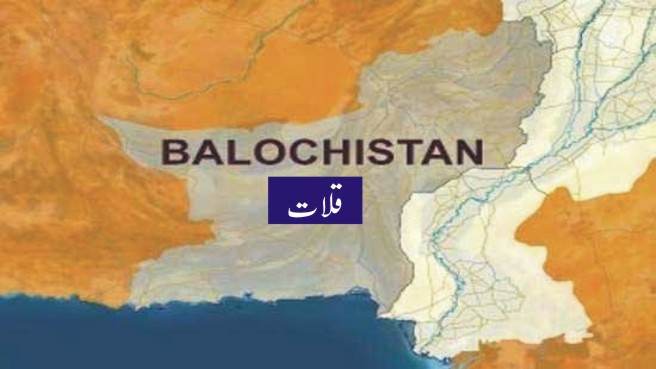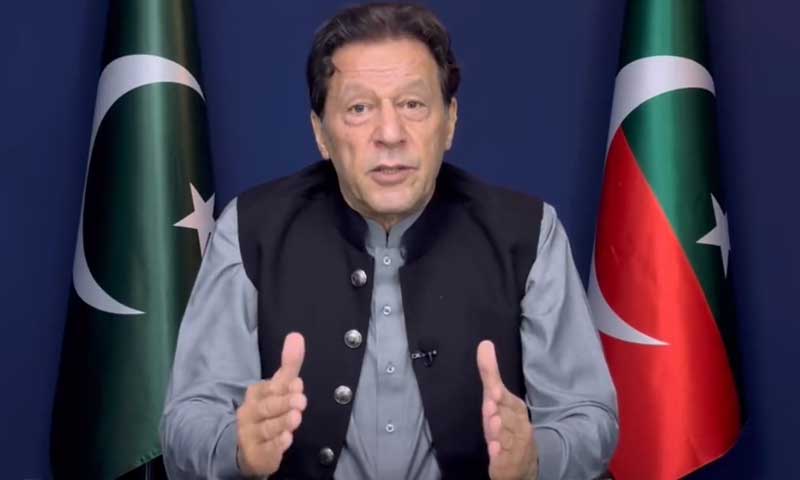PTI in Crisis: Internal Discontent and Fallout from “Final Call” Failure
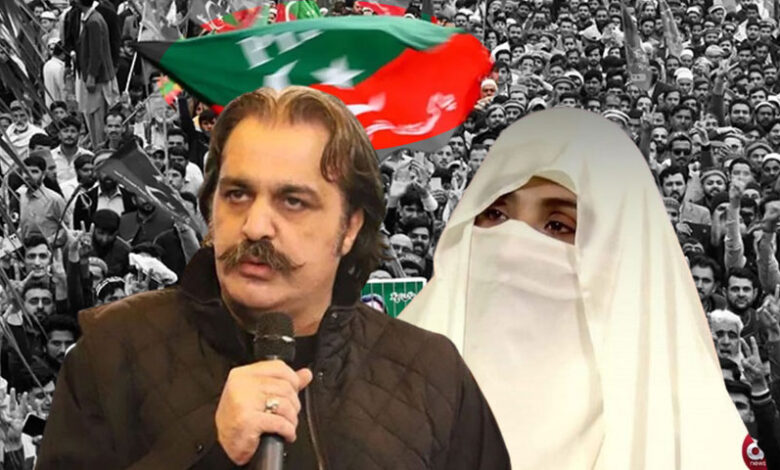
Islamabad:During the absence of Imran Khan, Pakistan Tehreek-e-Insaf (PTI) is facing unprecedented internal turmoil and divisions, a situation that has no parallel in the party’s history. The party is grappling with multiple layers of conflicts: on one side, accusations are being leveled that the ‘lawyers’ are dominating the political leadership; on another, the leadership in Khyber Pakhtunkhwa and Punjab is deeply divided, with no consensus on any major issues. In Khyber Pakhtunkhwa, Chief Minister Ali Amin Gandapur and his opponents are at odds, while at the same time, intra-family conflicts involving ‘bhabi’ (sister-in-law) and ‘nando’ (sisters-in-law) are reportedly causing disruption at the party level. Adding to the chaos, ‘non-political’ Bushra Bibi has suddenly transformed into a political figure, adopting a hard-line stance reminiscent of a ‘Mola Jatt’ character.
Amid such deep internal strife, the failure of PTI’s much-hyped “Final Call” protest has raised questions about accountability and whether those responsible for the failure will be held answerable.
According to a report published in the U.S. media, PTI has called for protests multiple times in the recent past, including three calls for protests in Islamabad, two in Lahore, and others in districts like Swabi, Mardan, and various headquarters across the country. Despite these repeated calls for mass mobilization, the PTI leadership has been conspicuously absent, with only two or three key figures showing up at these protests. This has led to growing frustration among PTI’s grassroots workers.
### The Aftermath of “Final Call” Failure: What Options Remain for PTI?
In the wake of the “Final Call” protest’s failure, questions have emerged about what options are left for PTI to reclaim its political momentum.
**Barrister Saif Ali Khan’s Perspective:**
According to Barrister Saif Ali Khan, the spokesperson for the Khyber Pakhtunkhwa government, the “Final Call” protest was organized at the behest of Imran Khan. Despite the setback, he remains optimistic about PTI’s future. “We still have plenty of options,” he said, emphasizing that political movements don’t end because of a single failure. He firmly believes that PTI remains a strong political force that will continue its struggle.
**Ahmad Bilal Mehboob’s Input:**
Ahmed Bilal Mehboob, President of the Pakistan Institute of Legislative Development and Transparency (PILDAT), has suggested that PTI should consider engaging in negotiations. “If they choose not to negotiate, they should at least ensure their full presence in the parliamentary proceedings and participate actively in legislative work,” he remarked, stressing the importance of demonstrating political relevance through institutional channels.
### Who is Responsible for “Final Call” Failure?
When asked about the failure of the “Final Call” protest, Barrister Saif Ali Khan defended PTI’s position, claiming that the protest was not a failure. Instead, he blamed the state’s excessive use of force against civilians, particularly the deployment of Rangers to shoot at PTI protesters. “It is those who misused state power who failed, not PTI,” he asserted, adding that PTI emerged victorious in its struggle.
Regarding internal accountability within the party, Barrister Saif acknowledged that if any party member had erred or failed in their duties, PTI’s internal mechanisms would address it according to the party’s procedures. He made it clear that the party would take appropriate action if required.
### Will Bushra Bibi Face Consequences?
The sudden withdrawal of Bushra Bibi from the protest, after initially taking a leading role, has also been a point of contention. In response to questions about her actions, Barrister Saif stated that if anyone within the party, including Bushra Bibi, made a mistake, the party would devise an appropriate course of action. “This is an internal matter of the party, and it is being worked on,” he said, adding that many within the party were discussing this issue.
The ongoing internal rifts within PTI, along with its struggles to regain its political footing after the failure of the “Final Call,” suggest that the party’s future may depend on how it addresses its internal divisions and whether it can unite its leadership and supporters. The question remains: Can PTI rise above these challenges and reclaim its position in Pakistan’s political landscape?

